A brief history
Flax is one of our oldest cultivated crops, valued for its seed and fibre. Linen comes from the stems of this plant, woven from the outer woody fibres. Linen undergoes many stages in a long process to get from fibre to woven cloth. Throughout the world, Irish linen became known for its quality and the demand for our linen created a thriving industry. By the early 1900s, Northern Ireland had over 75,000 people working in the linen industry. Becoming one of the largest linen-producing regions in the world. By the middle of the century, lower-cost plant fibre became more viable. With it, the rise of cotton and other man-made fibres soon fueled the decline of the linen industry in Ireland. Attempts to restructure the industry were unsuccessful and by the mid-nineteen hundreds, linen production & employment had fallen by roughly 50%.
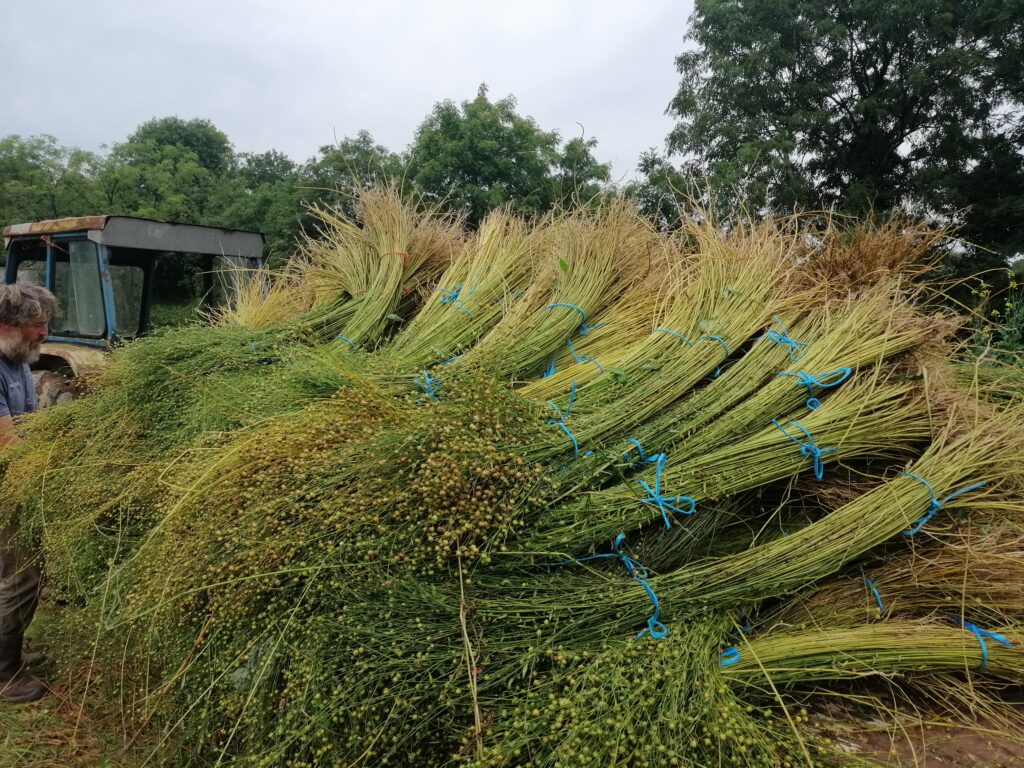
Mourne Textiles & Irish linen
A once-thriving industry, with similar parallels to the decline of the natural dyeing industry, is calling for our help to revive the skills, knowledge and traditions associated with this ancient cloth. That is where Mario from Mourne Textiles & this call for support comes in. Mario discovered a complete set of industrial flax-spinning machines while searching for vintage power looms in an old derelict linen mill.
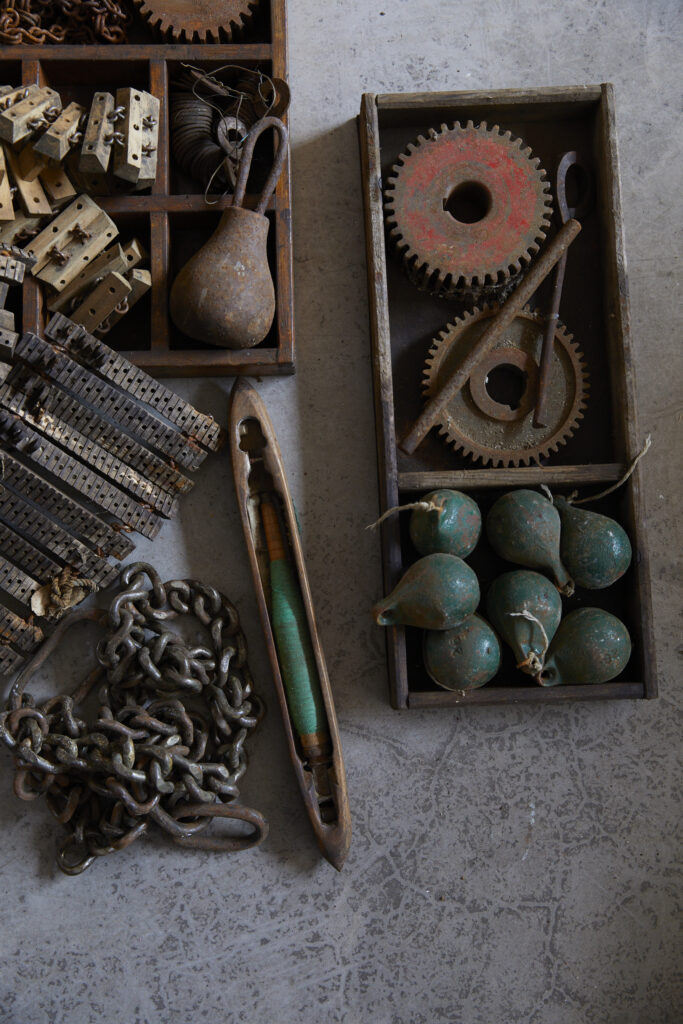
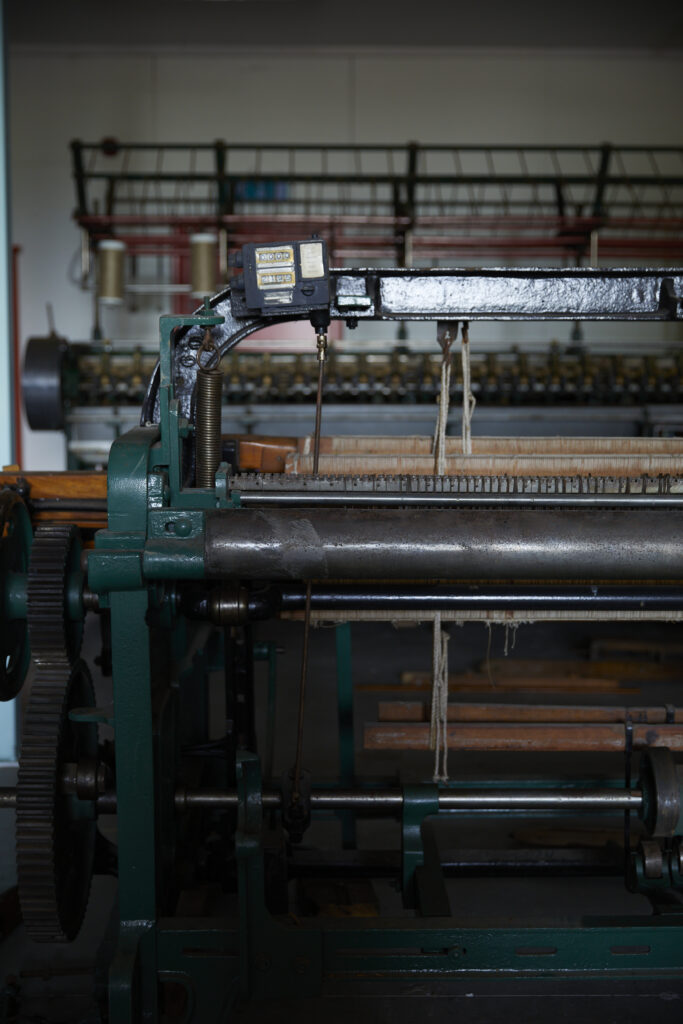
These machines, although old, can potentially process flax, hemp and possibly nettle if they can be restored. And the knowledge to do so is shared while it is still alive in some of those who used to work in the Irish linen industry! In collaboration with local farmers growing flax at Mallon Linen, they aim to promote sustainable fabric production here in Ireland by creating a field-to-fabric circular supply chain. They are inviting us to celebrate and learn from our shared history while creating a new industry that is sustainable, non-polluting, and fit for the 21st century.
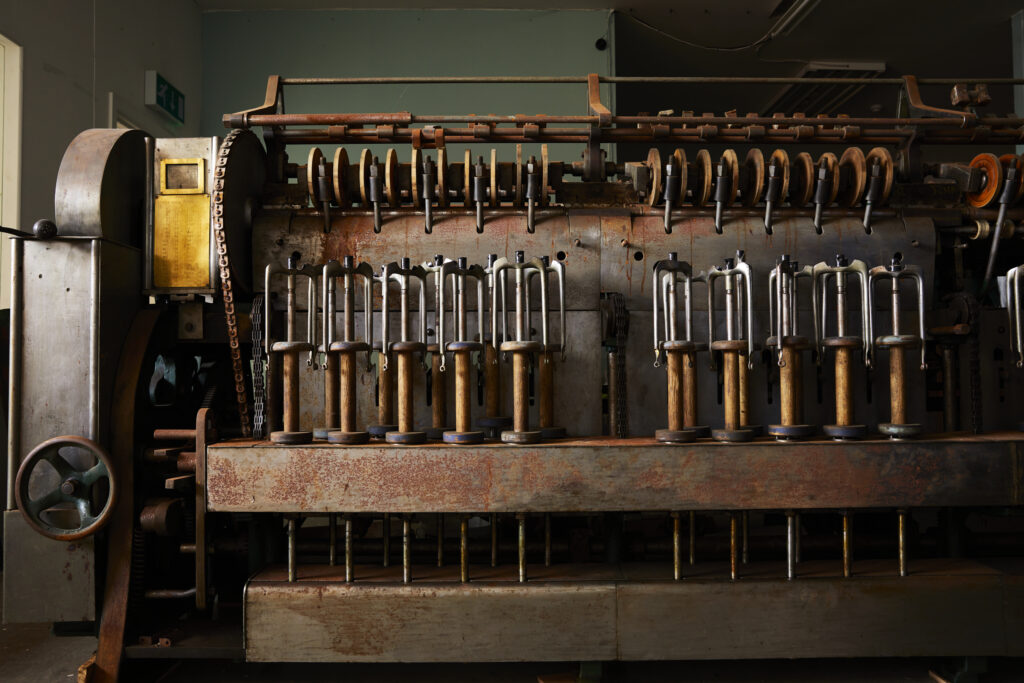
Crowdfunding
“Mallon land has seen flax before, it rose from the ground for a different set of hands. It will still be welcomed by human touch, harvested by hand, picked and processed traditionally. Irish-grown linen is not forgotten. it has just been silent in our fields.”
To bring this to fruition they have created a crowdfunding campaign in the hopes that they can restore and house the machinery that can spin locally grown flax into linen. While finding those with the knowledge & skills to operate the machinery before it’s too late. Once that is achieved, they can train a new generation of spinners to process the flax. The focus will be on producing environmentally friendly fabrics grown and processed locally, preserving traditional knowledge and skills while it is still possible.
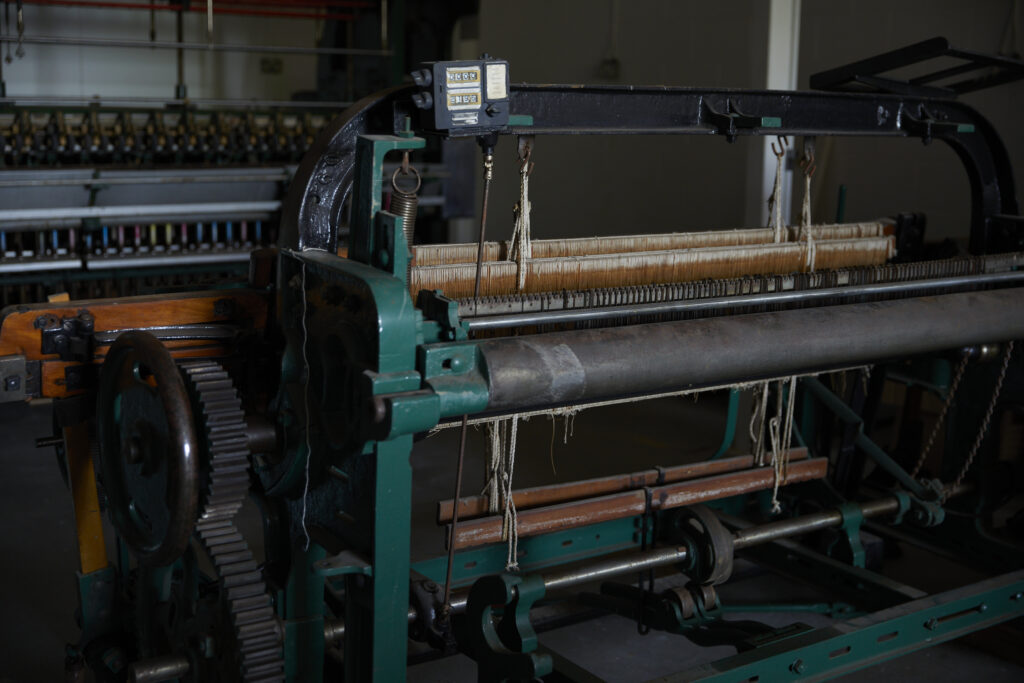
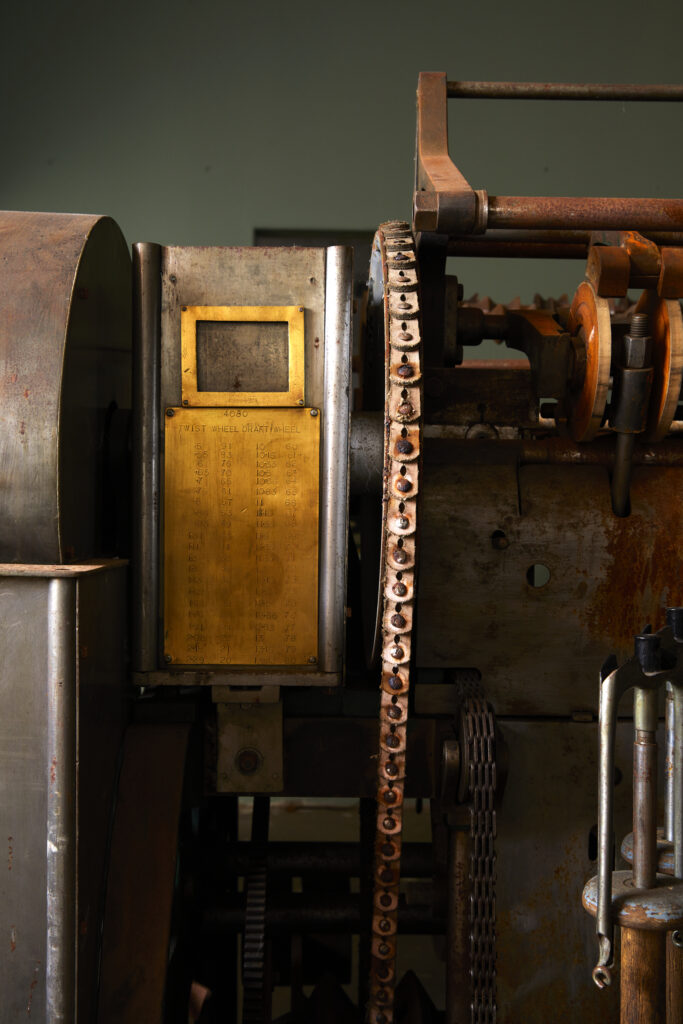
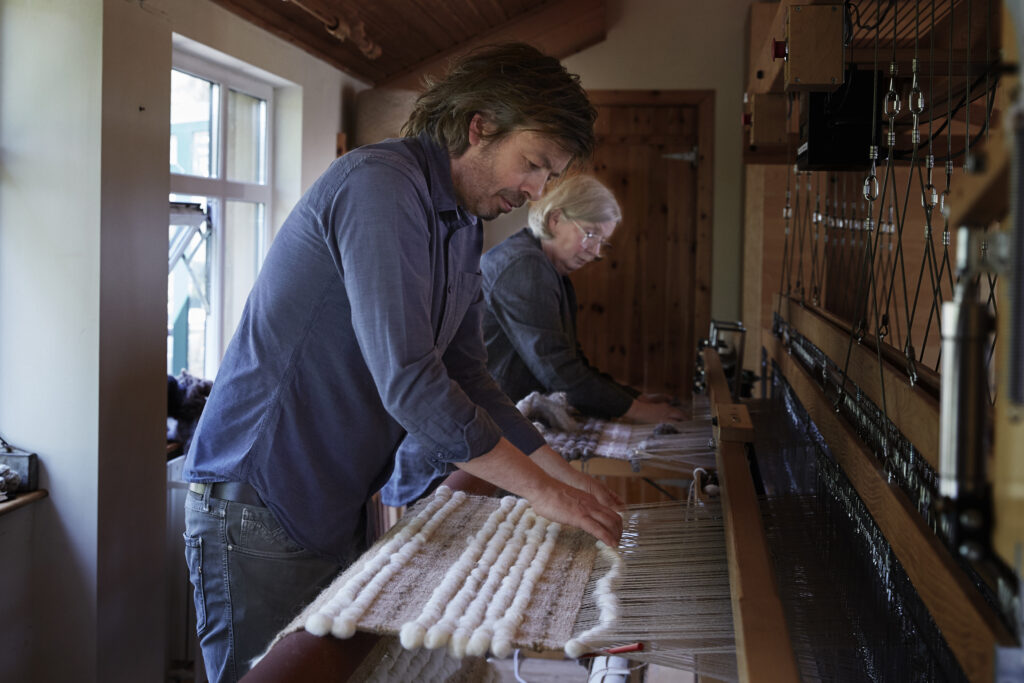
A natural dye workshop
Please show your support, no matter how big or small, everything is appreciated. If you can donate, please do so. If you can’t, please take a moment and help spread the word in any way you can.
As part of the rewards for the campaign, I am venturing North to offer a natural dye workshop at Mourne Textiles studio. Set in the foothills of the Mourne Mountains, surrounded by a stunning landscape, we will use easily sourced and seasonal dyes to create a range of natural hues & tones. The workshop will take place on September 23rd & run for 4.5 hours. We will cover everything you need to know to extract & apply colour to natural fibres. Participants will have the opportunity to dye a range of natural fibres & complete a finished piece to take home. Plus a journal filled with naturally dyed swatches created in class. To book your space and help support this campaign, visit the campaign page. If you have any questions about the workshop or this reward please let me know.
I have long been an admirer of the incredible work & legacy of Mourne Textiles. I am so looking forward to sharing my love for natural colour in their workshop.
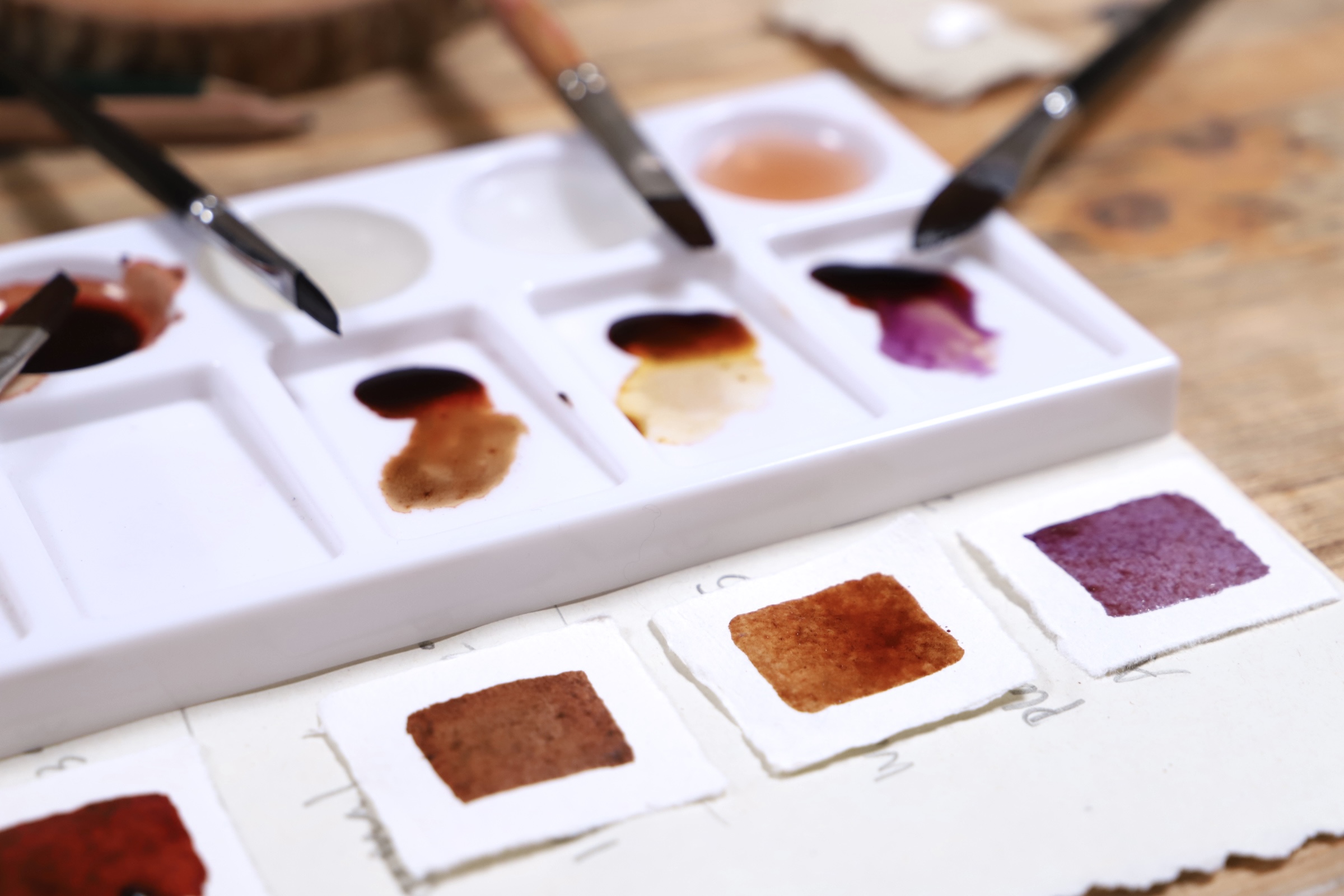
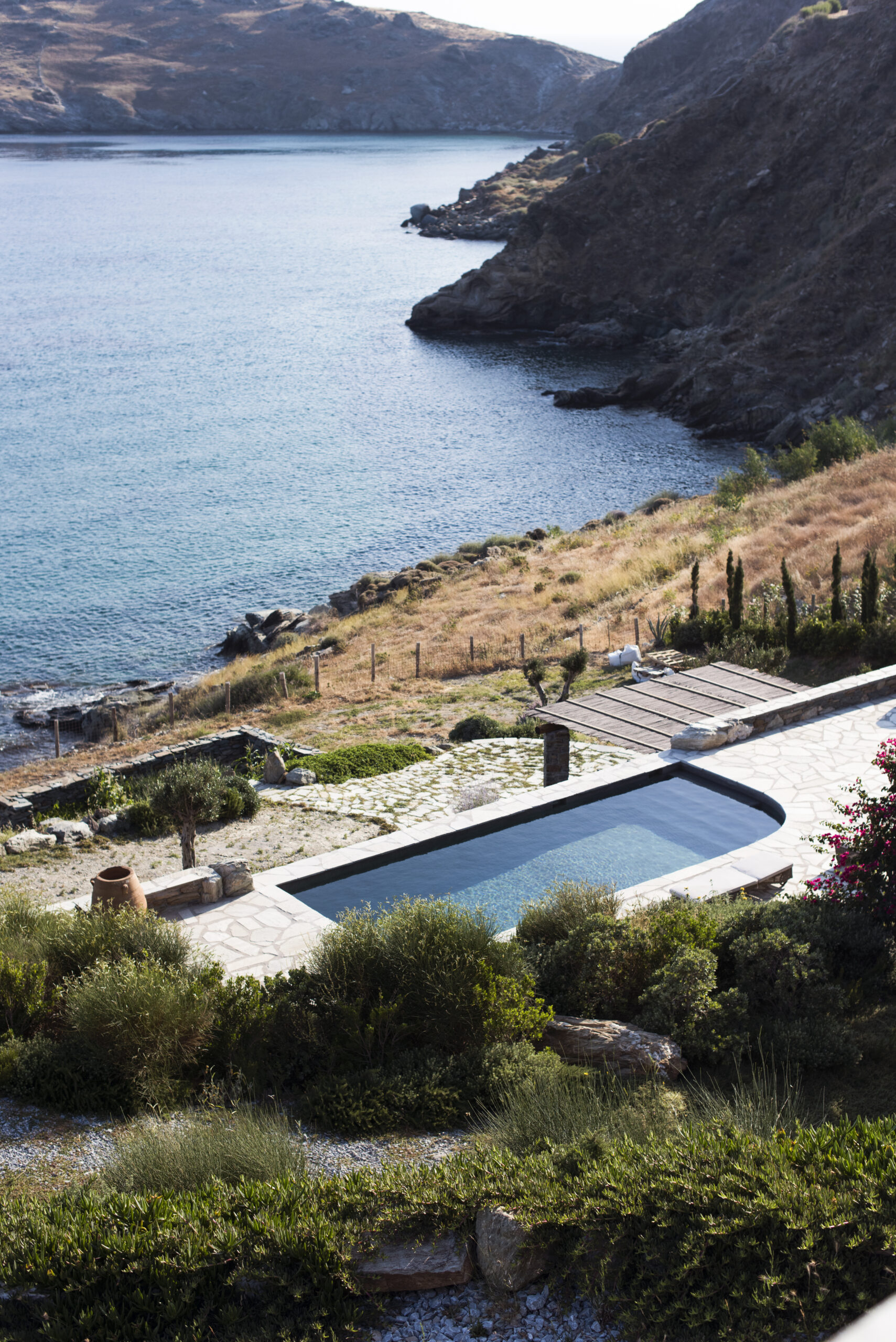
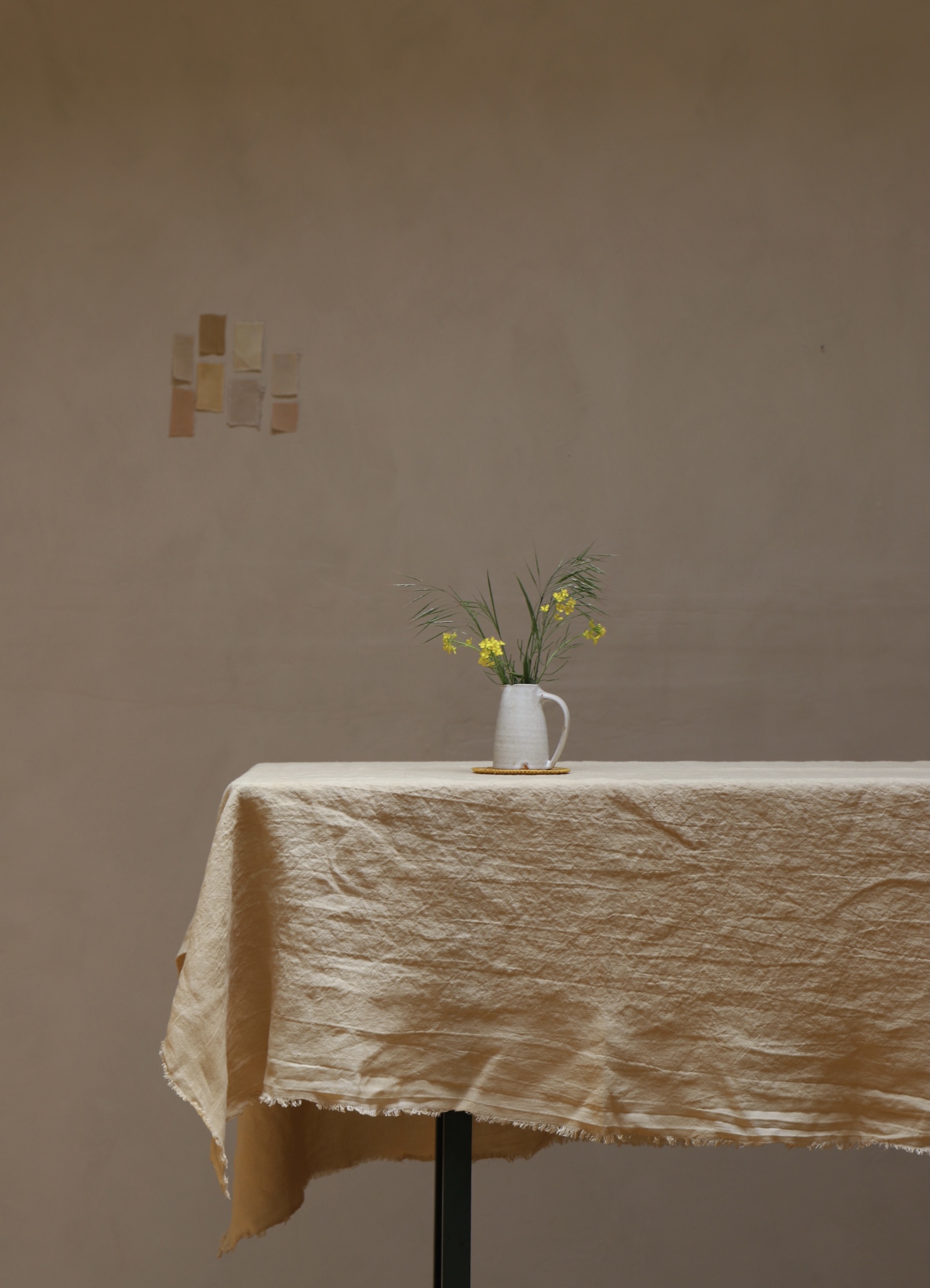
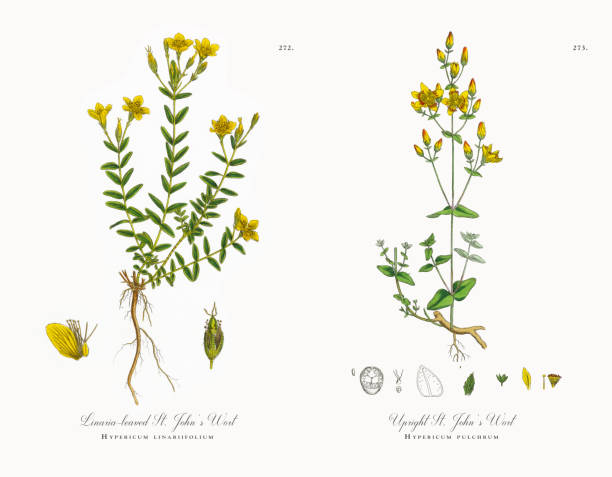
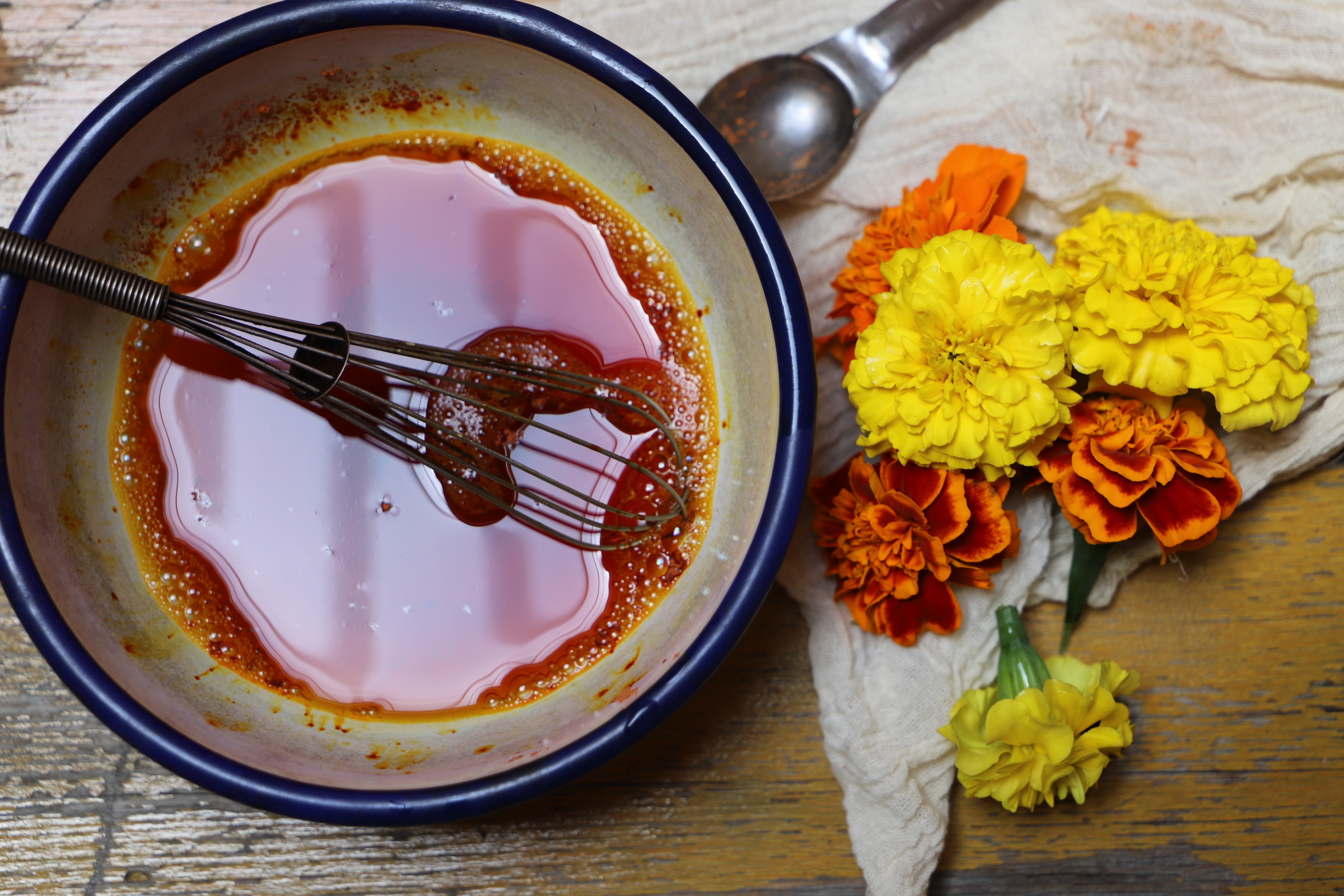
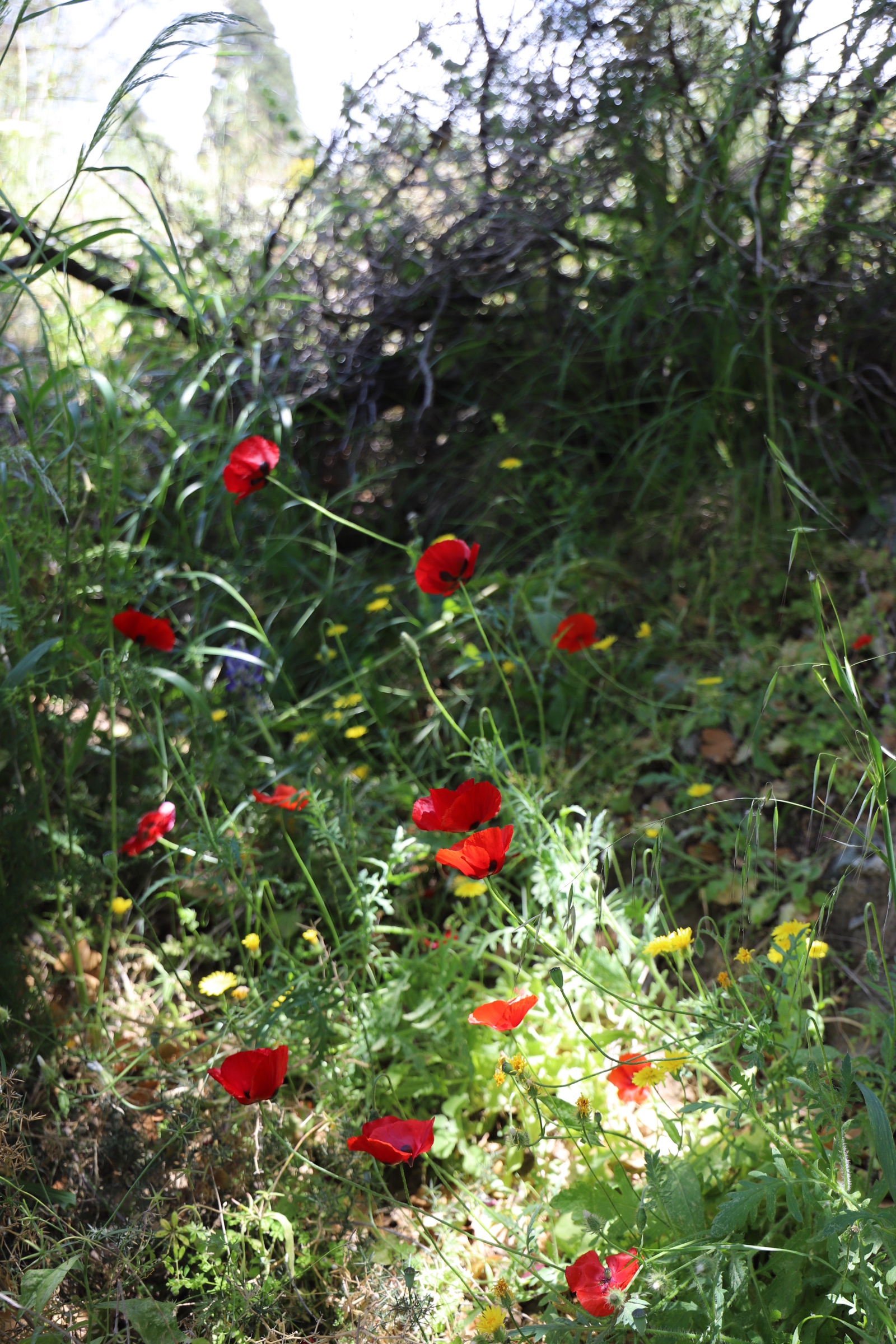
+ show Comments
- Hide Comments
add a comment